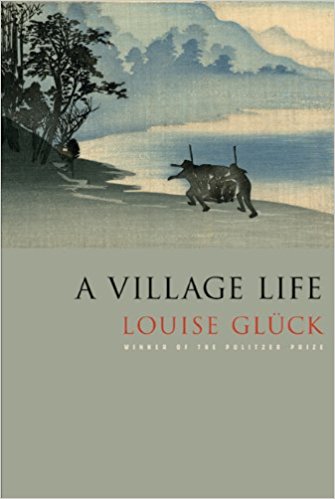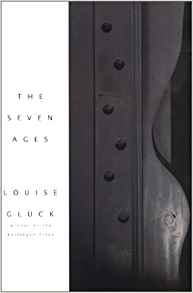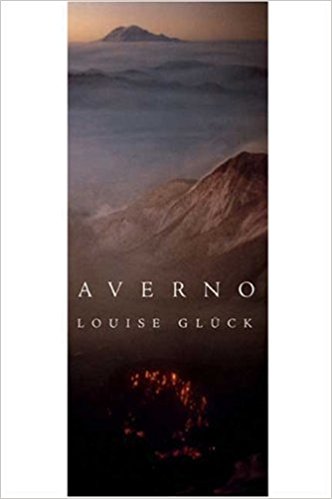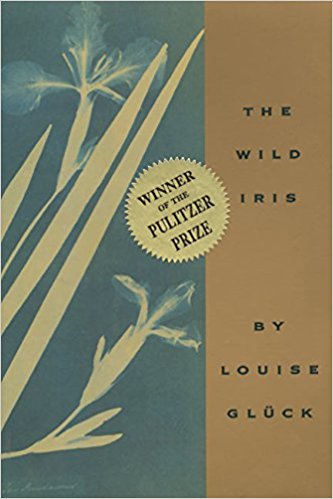About
Born in New York City, Louise Glück grew up on Long Island. She published several books of poetry before winning the Pulitzer Prize for her book Wild Iris (1992). Vita Nova (1999) earned Glück the Bollingen Prize from Yale University.
Glück’s poetry often explores Greek and Roman mythology in a contemporary but spare language. Her lyricism and emotional directness has earned her a large following.
–Christie Finn
Source: Poetry Foundation Website
Louise Gluck is hailed as one of the most inspiring and prolific contemporary poets. Her 9 books of poetry have won numerous accolades, and in 2003, she was named the 12th Poet Laureate of the USA. She has led a long career as both a writer, as well as a successful academic.
Gluck was born in 1943, in Long Island, NY. She has lived much of her life in New York City and the East Coast. Gluck developed a severe case of anorexia nerviosa as a teenager, a disorder which had a profound effect on both her writing and her quality of life for the next several decades. Due to her debilitating condition, Gluck never received a degree, although she studied at Sarah Lawrence College and Columbia.
The topics of her poetry are often deeply intimate or otherwise personal, and she has been celebrated for her use of myth, personal traumas, and other devices which have illuminated the brilliance of her deeply sorrowful writings. Her career continues to be of great interest, and she has been an adopted as a face of the feminist movement in many collegiate circles.
– Laurel Baker
Diehl, Joanne F. On Louise Glück: Change What You See. Ann Arbor: Univ. of Michigan Press, Print.
Miklitsch, Robert. “Assembling a Landscape: The Poetry of Louise Gluck.” Hollins Critic, vol. 19, no. 4, Oct. 1892.
Related Info:
Douglas, Ann, and Louise Glück. “DESCENDING FIGURE: An Interview with Louise Glück.” Columbia: A Journal of Literature and Art, no. 6, 1981, pp. 116–125. JSTOR, www.jstor.org/stable/42744361. Accessed 25 July 2020.
Morris, Daniel. The Poetry of Louise Glück: A Thematic Introduction. Columbia: University of Missouri Press, 2006. Print.
Sadoff, Ira. “Louise Glück and the Last Stage of Romanticism.” New England Review (1990-), vol. 22, no. 4, 2001, pp. 81–92. JSTOR, www.jstor.org/stable/40244581. Accessed 25 July 2020.





